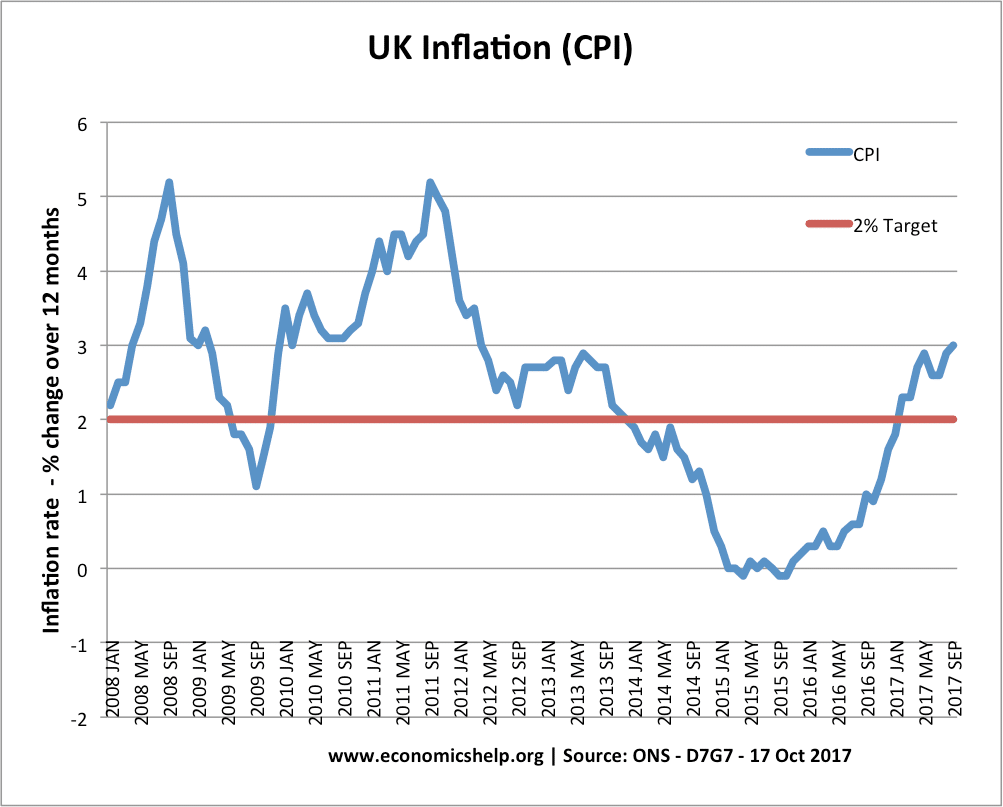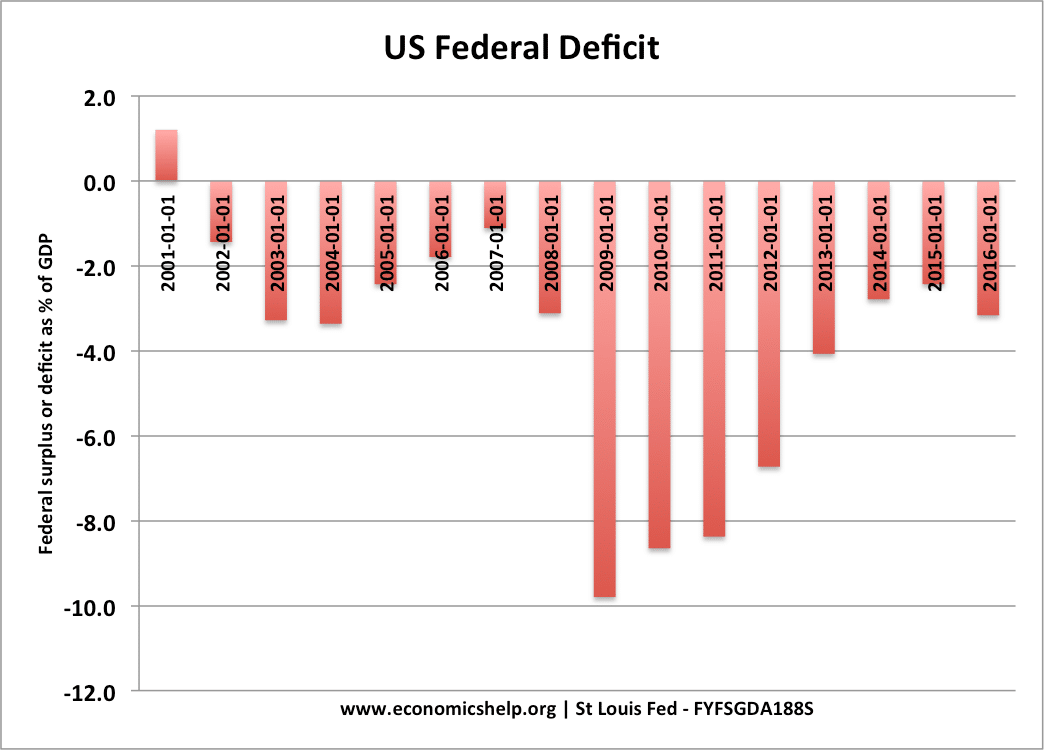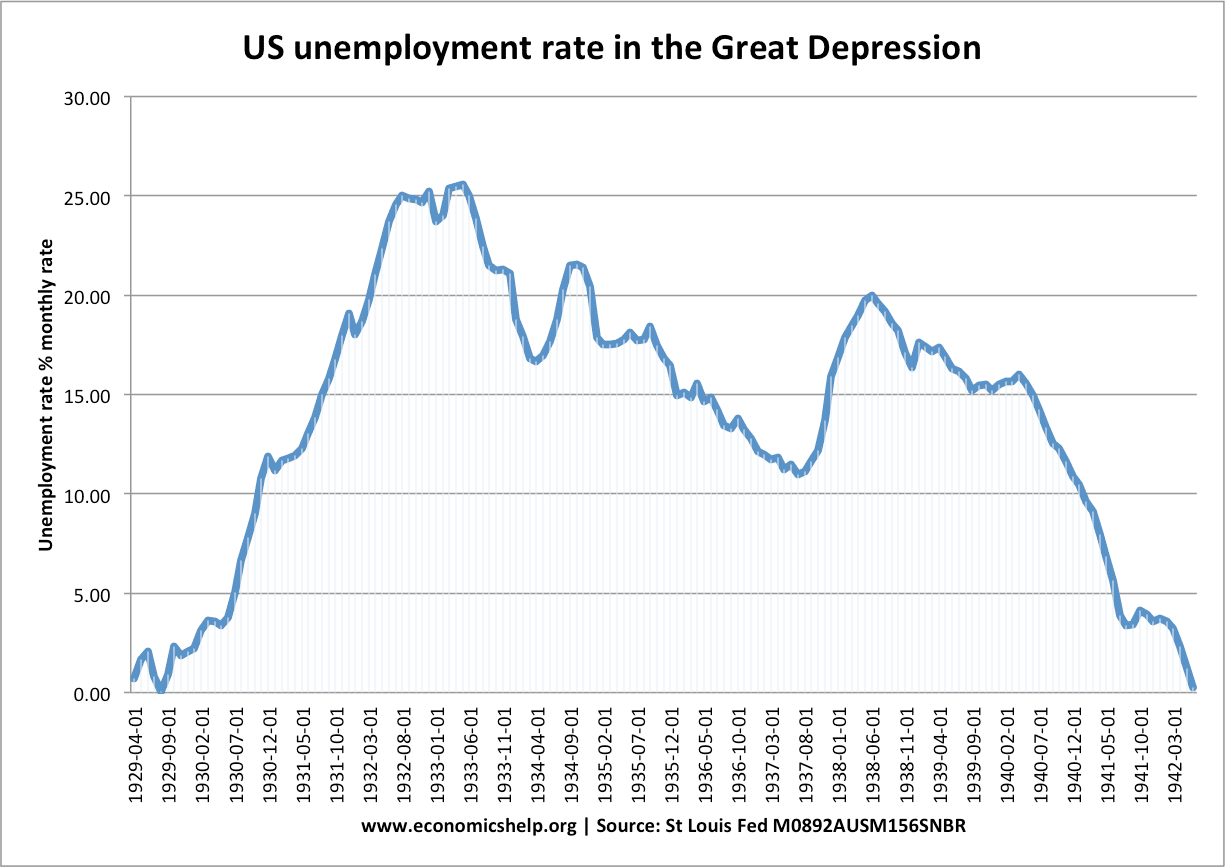Why do we Study Economics in School?
Readers Question: Why do we Study Economics In School? 1. It’s good to study and improve the mind. At least, that is what I was told when I was learning ancient Greek and Latin. Many employers are not looking for a specific degree but, the ability to learn, write and understand relevant ideas. I guess …



